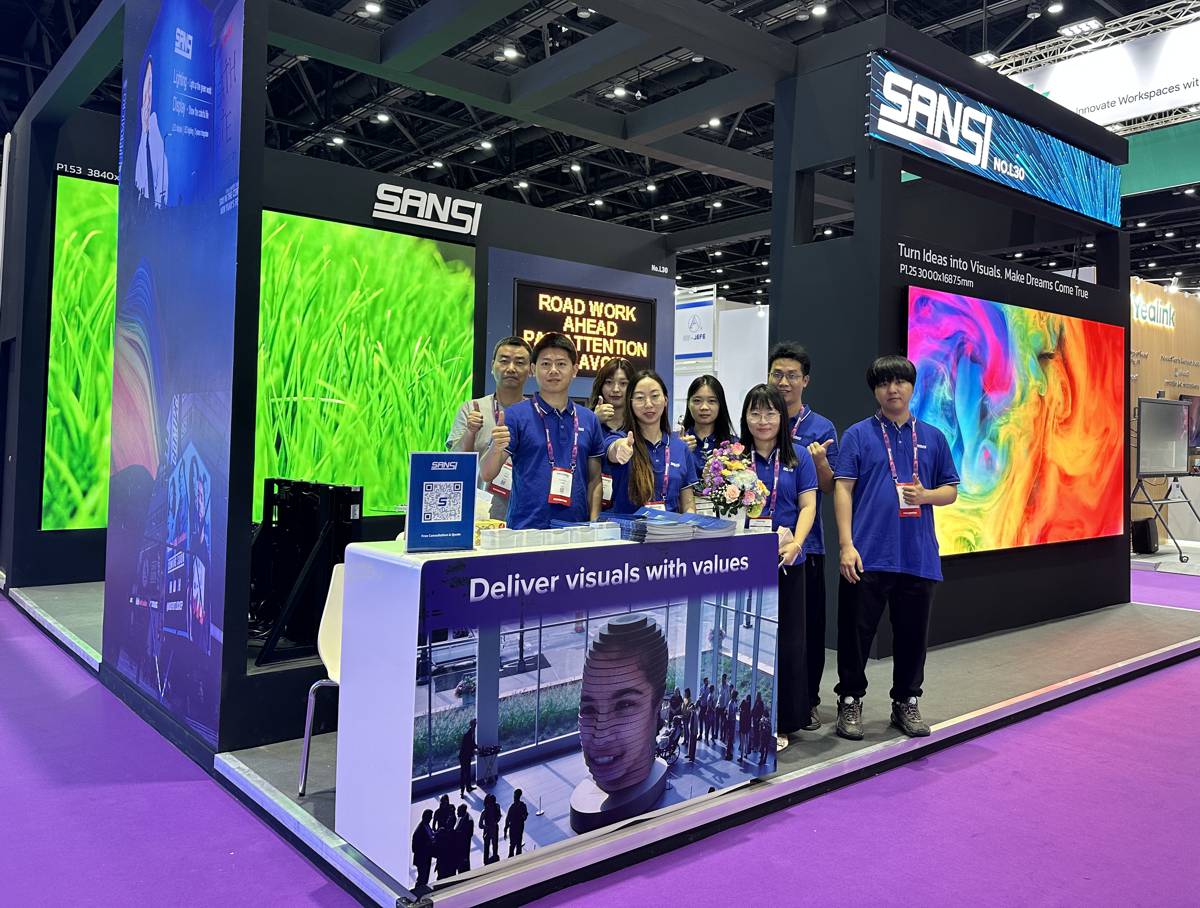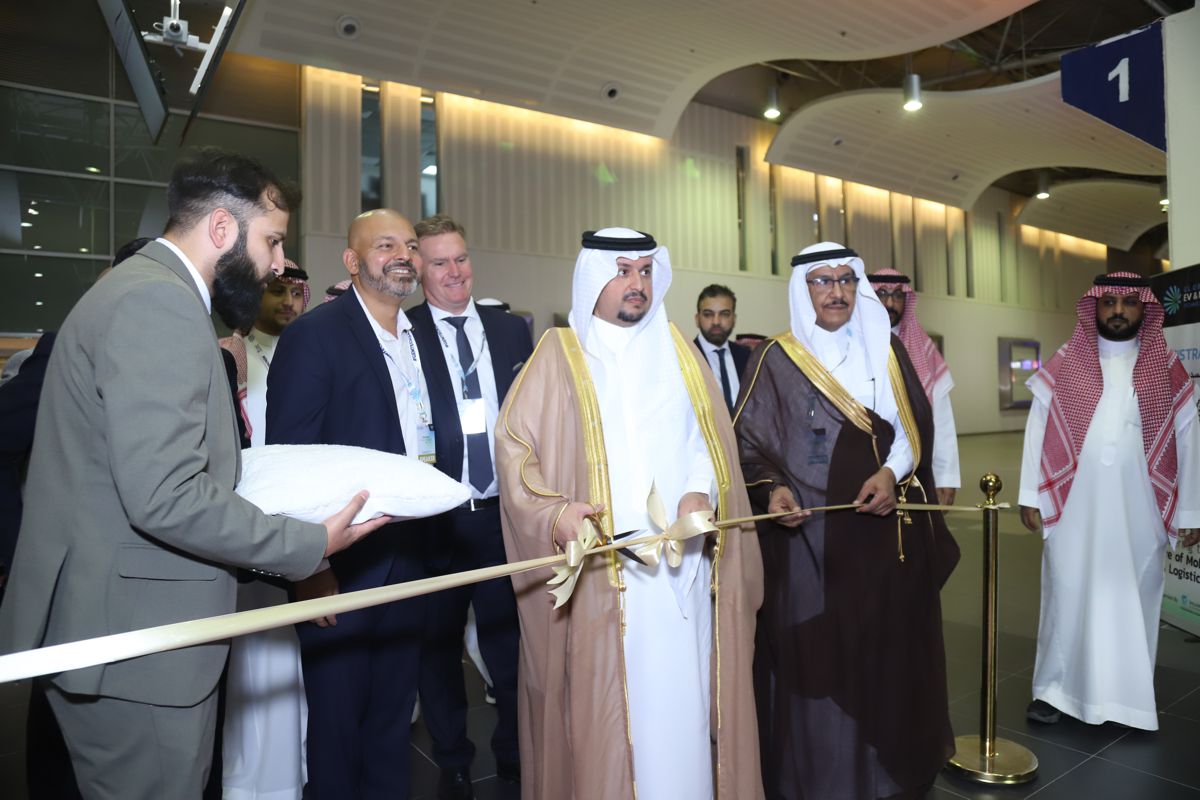MOVE Asia 2020 highlights the challenges for shared mobility
Right after the MOVE America event, INVERS, the inventor of automated vehicle sharing, led a panel discussion of MaaS and the business model of Shared Mobility on the opening day of the MOVE Asia Summit on September 8th.
Titled Growing pains: Expanding while dealing with cost pressures in this tumultuous time, the session, hosted by Ramu Nair, Head of Business Operations at INVERS GmbH, brought together a distinguished panel of industry leaders in the shared mobility sector to share their insights and perspectives.
Nair was joined on the panel by:
- Alan Jiang, Chief Executive Officer, Beam
- Sudhindra Reddy, Chief Operating Officer, Zoomcar
- Andrew Tan, Chief Executive Officer, GoFun Mobility
“The shared mobility market across Asia is a really exciting, growing market,” says Ramu Nair of INVERS. “It is really interesting to hear their perspectives and insights around growth and expansion in these turbulent times. The market in Asia is incredibly diverse, each with their own local mobility culture and demands, so each operator had to adapt accordingly.”
The ongoing COVID-19 pandemic was a major topic for each of the panellists. Though lockdowns were managed very differently in each of the markets, the pandemic had an enormous impact on the shared mobility usage in all countries as people stayed at home. Markets in Asia are however bouncing back, boosted in part by the readiness and ability of shared mobility operators to adapt to changing conditions and customer preferences, and by pivoting their business models accordingly.
In India, home to the world’s largest lockdown, shared mobility usage dropped significantly. According to Zoomcar however, the market is showing signs of recovery, and interest and demand in Zoomcar’s unique one simple price point subscription service is increasing.
Meanwhile in Singapore, e-scooter sharing operator Beam is noticing higher demand for shared mobility post lockdown that pre-COVID, with average trip distances and durations of its micro-mobility solutions increasing significantly due to increased customer demand for safety and social distancing.
Consumer behaviours in China have shifted too, with GoFun reporting an increase in car leasing and sharing as people think about ways to get around more privately and safely. To meet this demand and grow more sustainably with reduced asset costs, GoFun launched GoFun connect, a platform which enables the company to source vehicles from OEMs, car dealers and even personal users to meet demand and reach new customers – specifically a large group of young non-vehicle owners who now want access to vehicles and private mobility solutions.
The panel also discussed wider trends of growing OEM ownership and expansion into the shared mobility sector, the extremely localised nature of the shared mobility and micro-mobility space and the need to adapt to and meet local needs that can vary enormously from country to country, as well as the major advantages and disadvantages of an electric vehicle fleet.















